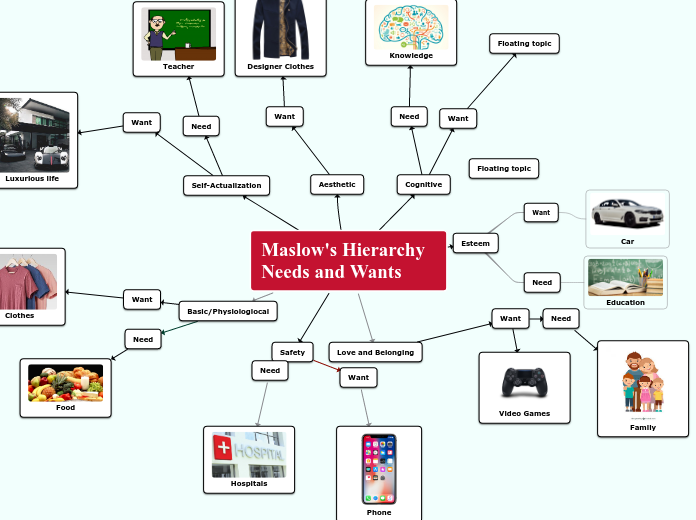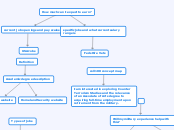によって Madeline Treadaway 9年前.
863
Horace Mann
Horace Mann, often called the 'Father of the Common School Movement,' had a profound impact on American education and politics. Born in 1796 in Franklin, Massachusetts, Mann's vision included the establishment of free, universal, and nonreligious public education.









